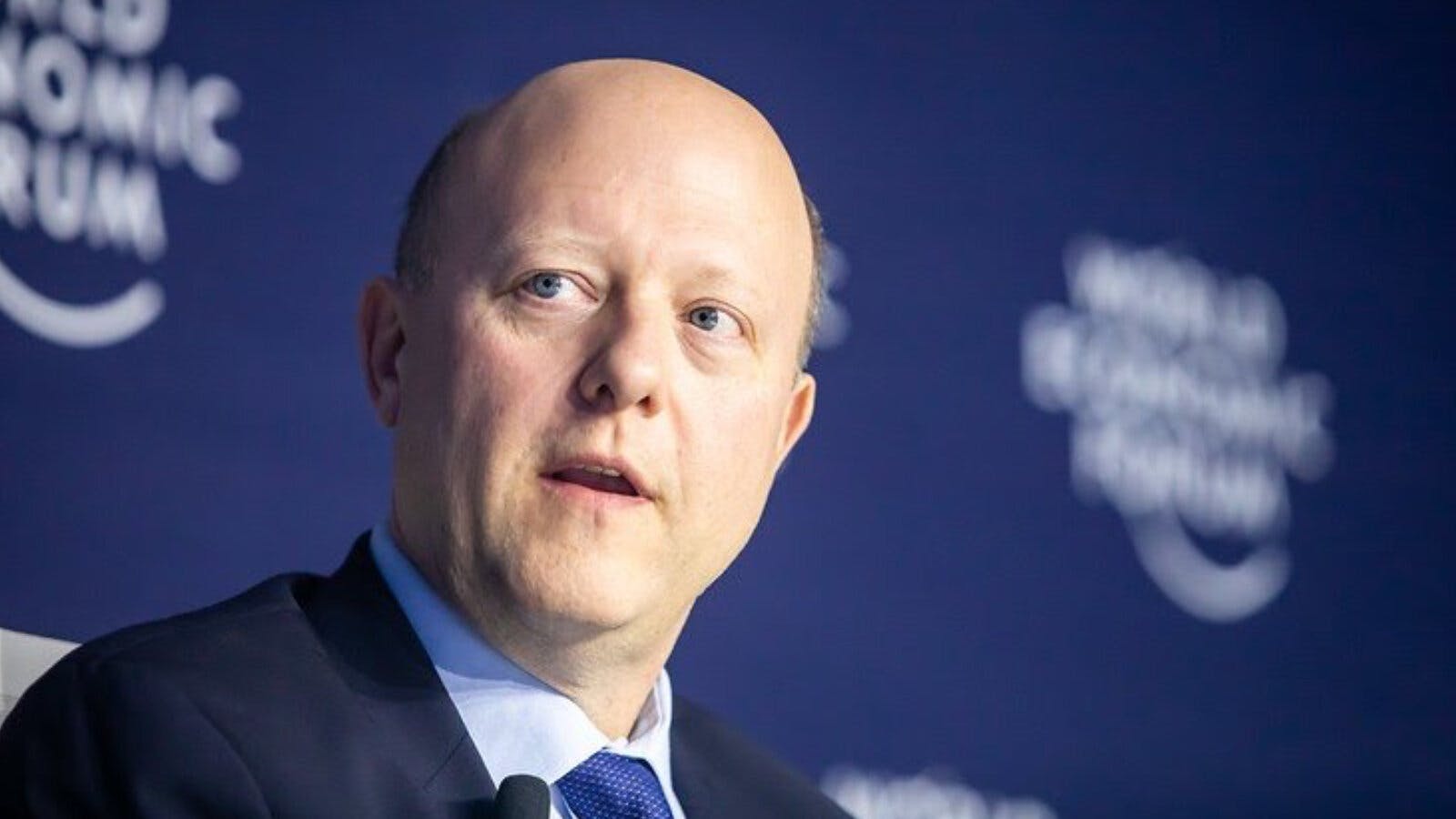In Post-FTX World, Circle Kills SPAC Plans
The planned SPAC merger had been awaiting regulatory approval from the SEC

Jeremy Allaire Circle CEO | World Economic Forum
In a “mutual decision,” Circle and its planned special purpose acquisition company (SPAC) partner Concord have pulled the plug on plans to go public, the companies said Monday.
The SEC had not granted Circle and Concord approval to move forward. The approval process, while lengthy, is essential, according to Circle CEO Jeremy Allaire. Concord tapped its SPAC division, Concord Acquisition Corp., for the deal.
“From my perspective, I believe that the SEC has been rigorous and thorough in understanding our business and many novel aspects of this industry,” Allaire wrote in a tweet Monday. “This kind of review is necessary to ultimately provide trust, transparency and accountability for major companies in crypto.”
Circle, which first revealed its SPAC ambitions in July 2021, delayed its plans twice — before canceling them all together. The most recent deferral came just last month, when the stablecoin issuer said the deal would be pushed to January 2023, according to an SEC filing.
“We are disappointed the proposed transaction timed out, however, becoming a public company remains part of Circle’s core strategy to enhance trust and transparency, which has never been more important,” Allaire said in a statement.
Circle is now profitable, closing the third quarter of 2023 with a net income of $43 million — the “best financial position” the company has ever been in, Allaire said.
The delay comes as stablecoins continue to attract interest from regulators, although the recent blow-up of offshore exchange FTX has dominated the conversation around crypto rules in recent weeks.
“The recent market disruptions, while costly for many, were not systemic events,” Jon Cunliffe, chair of the CPMI and deputy governor for financial stability at the Bank of England, said in a July statement, presumably referring to the depegging of algorithmic stablecoin UST in May.
“Such events could become systemic in the future, especially given the strong growth in these markets and the increasing linkages between crypto assets and with traditional finance,” Cunliffe added.
Showing proof of reserves — likely to be a key component of any stablecoin legislation that is passed in the US — is a transparency move Circle has leaned into. The issuer released its first monthly report for USDC reserve assets in 2018.
Learn more: What Is Proof of Reserves and Can It Build Back Trust?
“As policy and regulatory requirements evolve and as better reporting opportunities arise, we intend to adjust our approach and continue to enhance transparency into our operations to give the market even more confidence,” the company said at the time.
Get the news in your inbox. Explore Blockworks newsletters:
- The Breakdown: Decoding crypto and the markets. Daily.
- 0xResearch: Alpha in your inbox. Think like an analyst.






